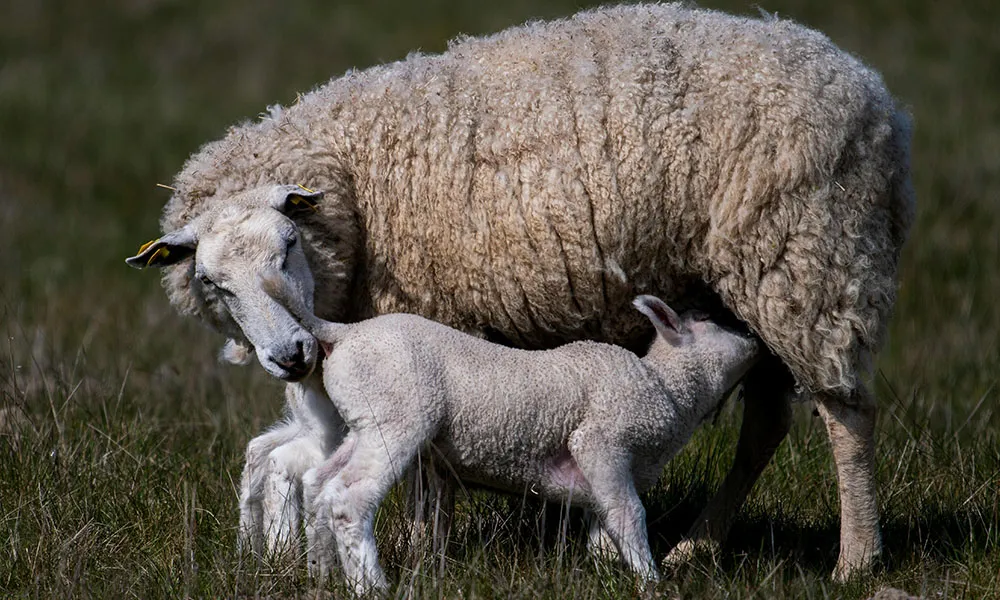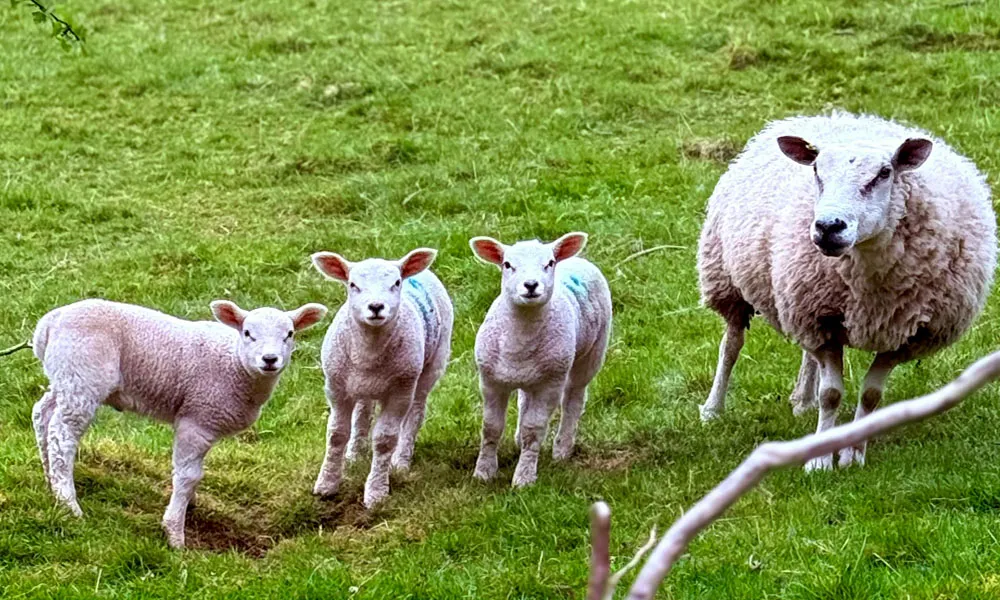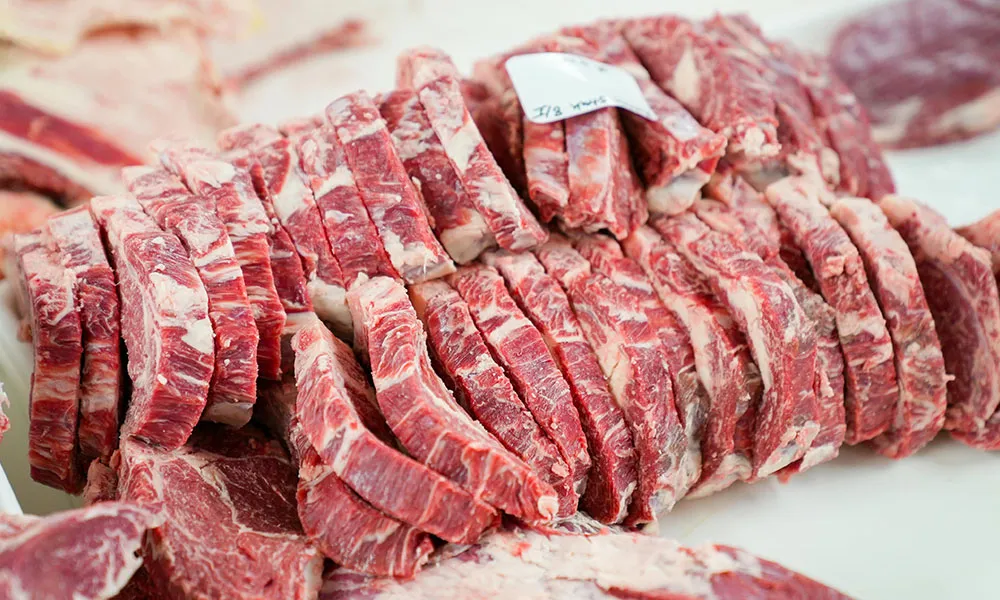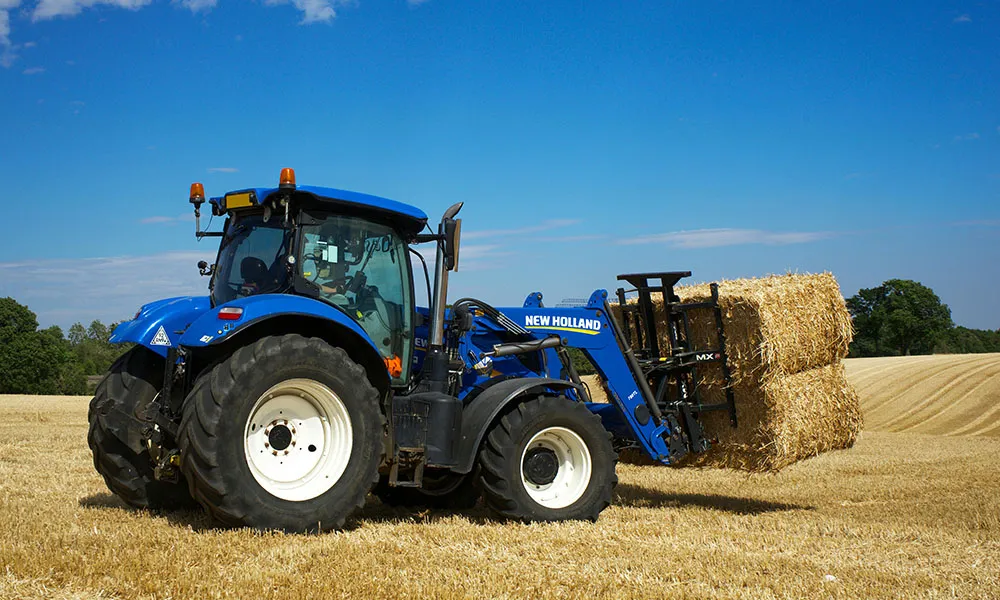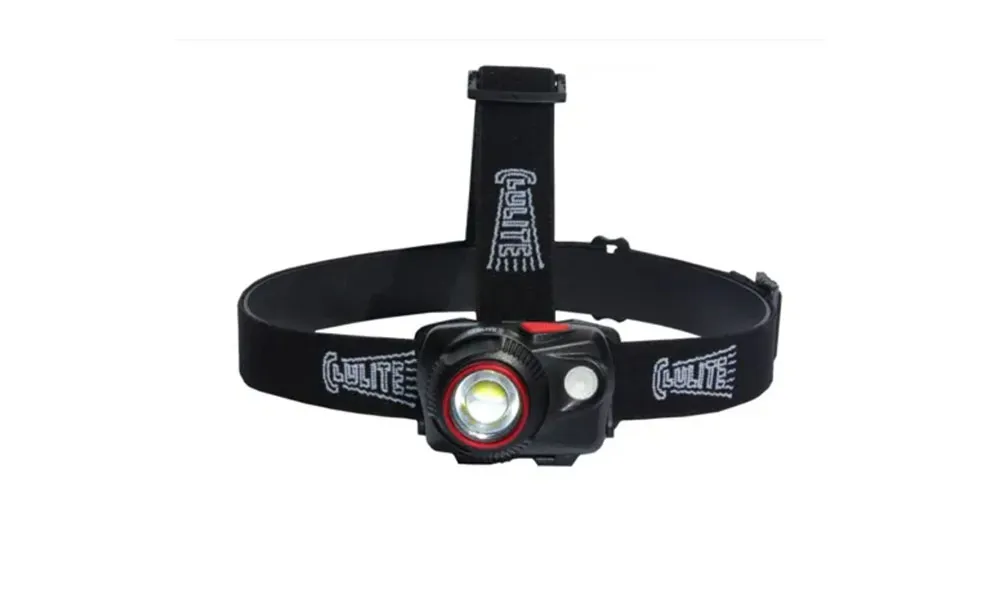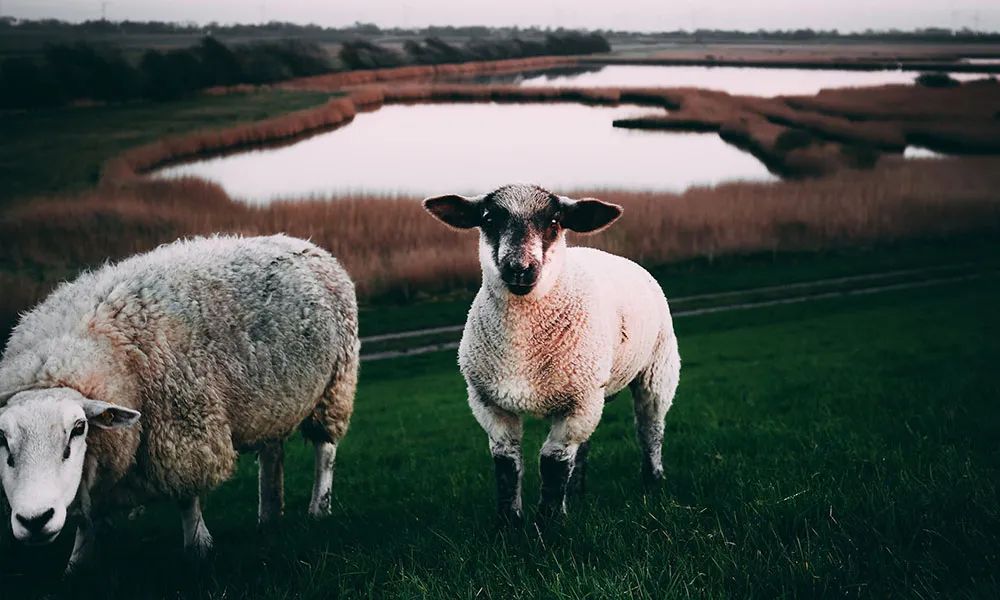
A wet and warm autumn
The autumn just past was unseasonably mild and very wet. We have witnessed record rainfall in some parts of the country, which in turn has resulted in severe flooding and waterlogged areas on low-lying ground.
Ideal breeding conditions for parasites
Yet flooding is not the only risk that the weather poses for farmers. The high humidity levels in September and October have extended the grazing period deeper into the year than usual. This in itself is a good thing from a farming perspective, but it also increases the likelihood of parasitic infections in ruminants. Warmer, wetter conditions later in the year mean that the parasite breeding season has also been extended significantly.
Increased risk of infection
With this in mind, there is a greater-than-usual risk that grazing livestock will contract gastrointestinal worms, parasitic bronchitis or lungworms in the back end of the year. Lambs, in particular, are likely to succumb to high worm burdens, making it difficult to get them to an acceptable sale or finishing weight.
Vigilance needed
For this reason, farmers – and particularly sheep farmers – need to be vigilant for the early signs of parasitic infection. A lack of thrive in animals should alert us to the possibility that animals are suffering from harmful worm burdens. In such cases, farmers should carry out a faecal egg count as this will help to identify the appropriate course of treatment.
Anthelminthic resistance
Anthelminthic resistance has become something of a buzz term in both Ireland and the UK in recent years, as a growing body of evidence has shown that parasites are developing strong resilience against traditional treatments. For this reason, farmers are usually discouraged from routine dosing and are instead advised to only treat animals that have contracted parasites.
Laboratory testing of dung (faecal egg count) is viewed as an essential part of any appropriate treatment plan.
Treatment of livestock parasitic infections
If faecal eggs counts indicate that an animal is suffering from a high worm burden, it is time to go to market for an appropriate treatment. Generally, this will mean administering a dose to affected animals.
There are three classes of anthelminthic currently licensed for sale in Ireland. These are benzimidazole (white) levamisole (yellow) and, macrocyclic lactone (clear). While these products have slightly different properties, farmers are advised to alternate between them where possible to avoid the risk of parasites developing strong resistance to any one product through overuse.
Manufacturer’s Guidelines
In addition, farmers should be wary of overdosing when administering these products. It is important that animals are weighed before dosing, and that treatment is administered in line with the manufacturer’s guidelines for the animal’s weight. Using either too little or too much of an anthelmintic will only increase the risk of worm resistance.
Thanks for reading
Parasitic worms represent a grave threat to animal welfare and farm revenue. Here at Agridirect.ie, we stock and sell all of the products you need to protect your livestock from infection with stomach worms, liver fluke, lungworms and a host of other unwanted pests. Why not check out our range of worm treatments today!





